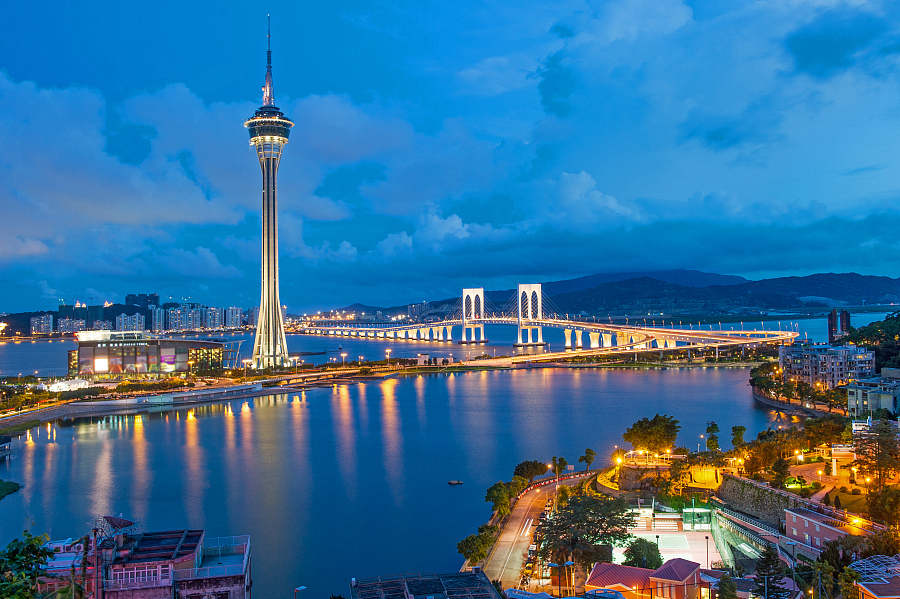Macao & Hong Kong: A tale of two cities


If you look at the map of China, you need to zoom in… to find Macao.
It is so small, even smaller than Pudong Airport in Shanghai. But it is special.
The buildings used to host well-off Portuguese families. They were born and raised in Macao. But their ancestors settled centuries earlier.
The Portuguese arrived in Macao with their ships in the 16th century and colonized the tiny place three centuries later. After over 400 years, traces of the Portuguese influence can be seen almost everywhere, from buildings to food – from religious beliefs to global vision.
However, something stubbornly Chinese remained. From the tongue they speak, the way they think and the values they treasure, Macao has kept its root in the Chinese motherland.
Nowadays, Hong Kong is in the headlines because of the unrest, but few people talk about Macao. However, a lot of things are going right there.
Like what?
Historical Baggage
We can point to a lot of differences – geographical, demographical, historical, economic and cultural. But the most important difference is probably the colonizer.
Macao was settled much earlier than Hong Kong, but the Portuguese left a very different footprint.
Portugal was a fading colonial empire with a handful of dwindling outposts. The Portuguese government didn't bother developing Macao, so the people of Macao kept a big chunk of their culture and a strong bond with the motherland, China.
For example, the Portuguese were "forward-leaning" in their integration of mainland elements into Macao's governance ahead of the handover in 1999 … to be exact, 20 years ahead.
Months before the handover, the Chinese authorities intervened and stopped the gang fighting, thus restoring stability and winning hearts in Macao.
All things considered, the tacit agreement between Portugal and China resulted in much lighter baggage from colonial rule compared to Hong Kong following the British handover. And coincidentally, Macao's younger generation has more of "an international perspective." They are not boxed in by the Portuguese, British or Americans; they look at the world in totality.


































